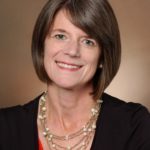Discover the programme
The scientific programme for the IDF World Diabetes Congress 2025 will feature 10 streams focused on:
- Basic and Translational Science (BTS)
- Classification and Differential Management of Diabetes (CDM)
- Technology and Artificial Intelligence (TAI)
- Diabetes Complications (DC)
- Type 1 Diabetes (T1D)
- Public Health and Policy (PHP)
- Education and Integrated Care (EIC)
- Epidemiology and Prevention of Diabetes (EPD)
- Women and Diabetes (WAD)
- Living with Diabetes (LWD)
IDF 2025 has been granted 15.5 CME credits.
Browse the full scientific programme and e-poster gallery online.
Full programme at-a-glance
The time zone for the IDF World Diabetes Congress 2025 is ICT (UTC+7).
The scientific programme starts on Tuesday, 8 April. The opening ceremony will be held on Monday, 7 April at 17:00 (ICT).
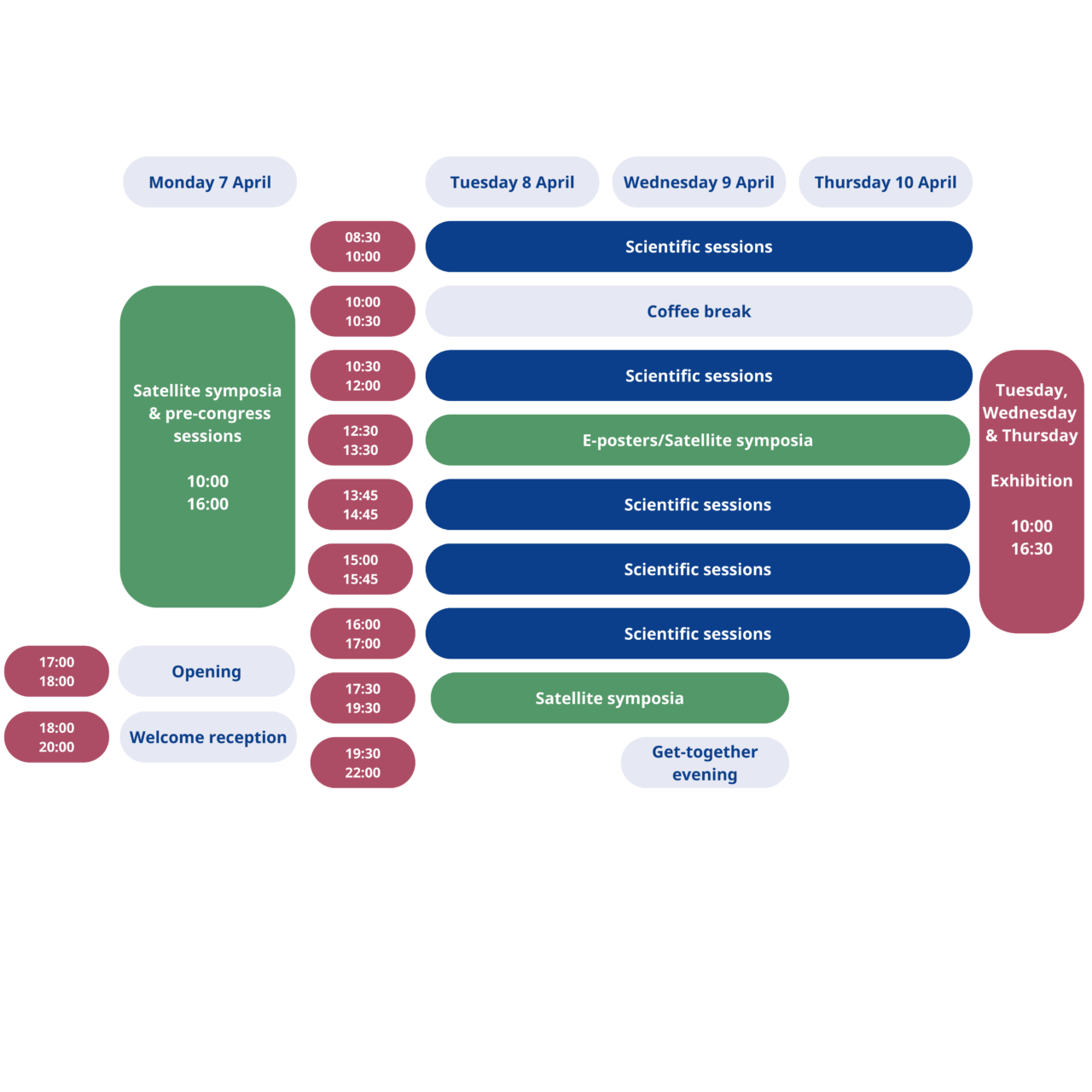
Programme highlights
Official academic satellite symposium
IDEG 2025
Organiser: International Diabetes Epidemiology Group
Date and Time: 4 April, 2025, 08:30 – 6 April, 2025, 13:00
Location: Bangkok International Trade & Exhibition Centre: BITEC

Fireside Chats
An informal chat in an intimate semi-circle where speakers and participants discuss various topics in a comfortable and relaxed surrounding. This layout allows for a more intimate back and forth interaction with the presenter. The presenter and audience can engage in a more casual one-to-one conversation.

Open-Space-Event
The open-space-event is an action-orientated way of engaging small groups of participants in discussions about key areas. Small 4-6 stations will be formed with flip-charts at each side. These stations are handled by facilitators who carry out the discussion with the participants. Two roving Agent Provocateurs will be initiating discussions at each station.
The small groups can brainstorm ideas and these will be collectively shared on a white wall at the end of the session where attendees can leave sticky notes.

Bubble Debates
Bubble debates are a powerful format where two opposing teams give their view on a given topic and the audience will be encouraged to vote for the most convincing argument.
The bubble debate will start with two lead speakers who will set the scene. The discussion will be on “What is value to patients and the responses of policy makers and healthcare systems”. After their thought provoking talk, speakers of two opposing teams will debate for 5 min for or against the subject. The audience will then vote for the top three debaters who then will talk for another 5 mins. The audience votes for the final winner who takes it all!

Speed Dating
This format will allow participants to exchange ideas with members of different associations. Small tables will be set-up where association members are ready to engage in a small conversation with the participants. Participants are given a short time to speak to each member. After a stop signal, participants form a new pair with a new person at another table and so forth.
The Speed Dating session will be followed by an engaging discussion with policy makers on the topic of “can member associations influence decision making?” and finishes with an overall discussion between all participants.
Message from Programme Chair
On behalf of the Programme Committee, I am proud to invite you to the IDF Congress 2022 in Lisbon.
It is a perfect place for all colleagues from around the world to meet and greet, update scientific knowledge, share new data and innovations and exchange experiences.
The scientific programme of the IDF Congress 2022 will cover a wide range of topics relevant to diabetes. Across eight parallel streams, it will address the basic science and biology of diabetes, the development and application of new drugs, therapies and technologies, the latest information from clinical trials, the burden of diabetes and its complications in populations around the globe, the prevention of diabetes, and policy and advocacy issues critical to tackling the diabetes pandemic.
A particular focus on issues relating to women and the voice of people with diabetes will be a feature of the programme. Speakers will include world-leading experts, early career researchers, and people at the coalface who work with or live with diabetes. A range of different formats from lectures, to debates and workshops will present cutting-edge findings and state-of-the-art reviews. The highly interactive environment will encourage exchanges of views and the development of new ideas and collaborations.
We look forward to welcoming you all to Lisbon for an inspiring and memorable IDF Congress 2022.
Prof. Jonathan Shaw
Chair, Programme Committee
Programme highlights
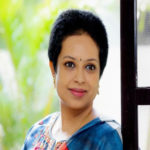
Dr. Ranjit Mohan Anjana
Tuesday, 6 December

Dr. Timotheus Dorh
Tuesday, 6 December

Jazz Sethi
Wednesday, 7 December

Dr Winnie Chee Siew Swee
Wednesday, 7 December
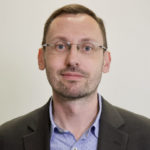
Prof. Christian Herder
Wednesday, 7 December
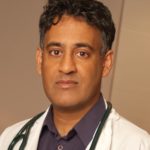
Dr. Ravi Retnakaran
Thursday, 8 December
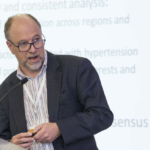
Prof Brian Oldenburg
Thursday, 8 December

Dr. Helena Canhão
Tuesday, 6 December

Prof. Margaret McGill
Tuesday, 6 December

Daniela Rojas
Wednesday, 7 December

Paula Chinchilla
Wednesday, 7 December

Dr Mary Loeken
Wednesday, 7 December
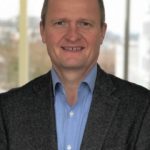
Prof Norbert Stefan
Thursday, 8 December
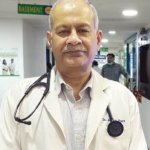
Prof Anoop Misra
Thursday, 8 December
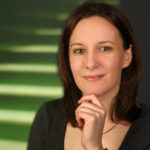
Julia Mader
Tuesday, 6 December

Dr. Petter Bjornstad
Tuesday, 6 December

Dr. Sylvia Kehlenbrink
Wednesday, 7 December
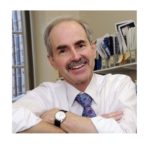
Dr Clifford J. Bailey
Thursday, 8 December
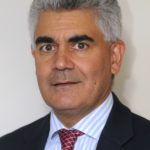
Prof. Jonathan Valabhji
Thursday, 8 December
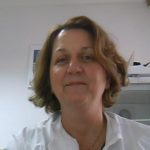
Prof. Tatjana Milenkovic
Thursday, 8 December
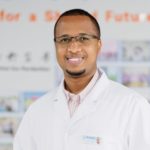
Dr Vladimir Carvalho
Thursday, 8 December

Dr. Phyllisa Deroze
Tuesday, 6 December

Dr Richard Bergman
Tuesday, 6 December

Manny Hernandez
Wednesday, 7 December
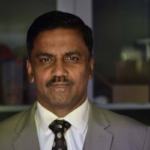
Dr Paramesh Shamanna
Wednesday, 7 December

Dr Tongzhi Wu
Thursday, 8 December
